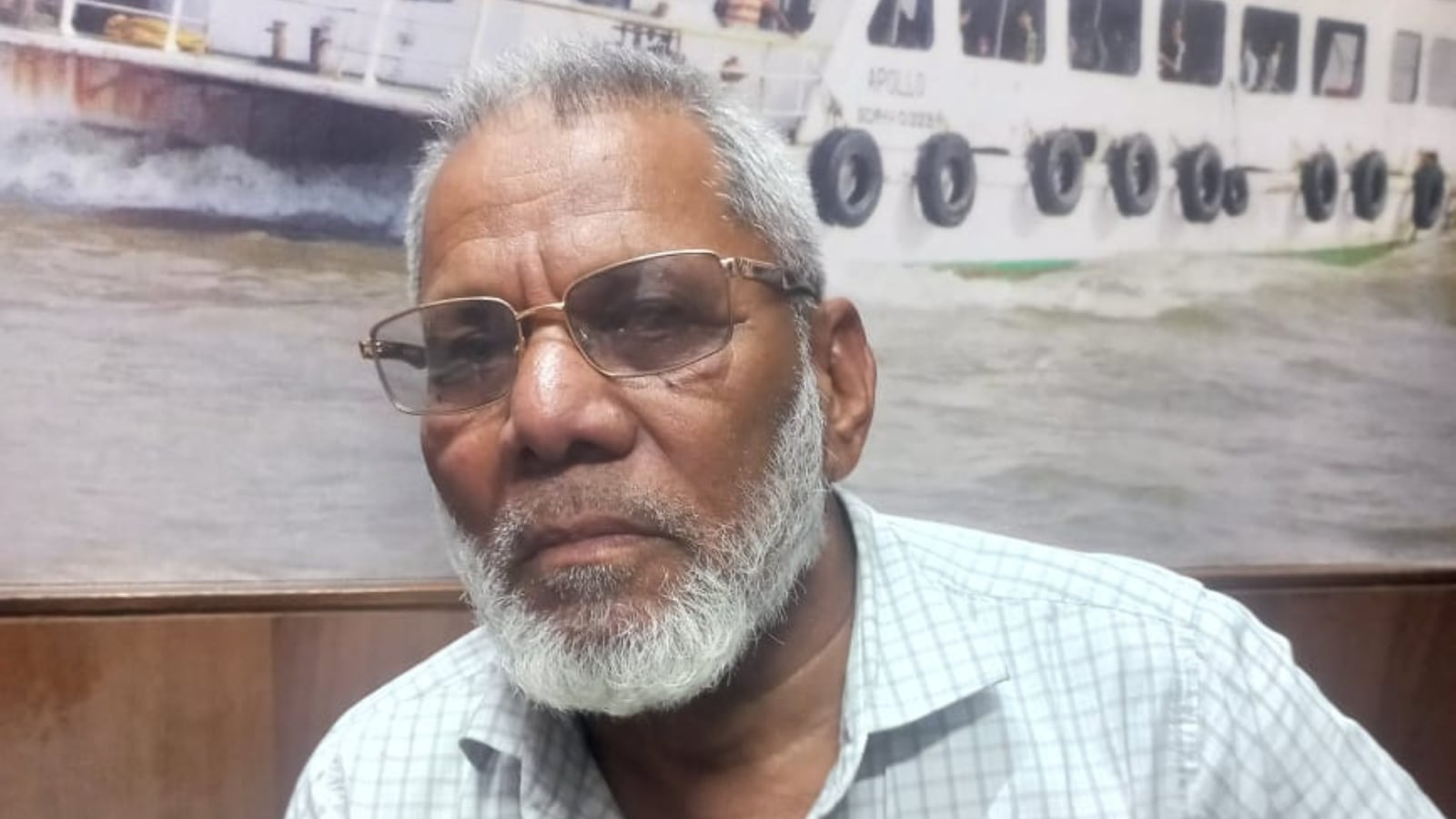 |
|
The recent tragic accident involving a speedboat and a wooden ferry at the Gateway of India has brought to light the urgent need for modernization within Mumbai's ferry system. Sardar Mirza Jamaluddin Mahadkar, president of the Gateway Elephanta Jal Vahatuk Sahakari Sanstha, eloquently articulates the challenges faced by ferry operators and the necessity for government intervention. The loss of 15 lives serves as a stark reminder of the vulnerability of the existing wooden fleet and underscores the imperative for a comprehensive overhaul. Mr. Mahadkar's 50 years of experience lend significant weight to his assessment of the situation, highlighting the unprecedented nature of this disaster and the immediate need for action.
Central to the operators' plea is the request for interest-free loans to facilitate the purchase of modern, safer vessels like catamarans. The current fares, while affordable for commuters, are insufficient to cover the substantial costs associated with acquiring and maintaining a modernized fleet. The existing revenue-sharing model among association members further complicates individual investment in upgrades. This systemic issue necessitates government intervention to bridge the financial gap and ensure the long-term viability and safety of the ferry service.
Beyond the immediate need for new vessels, the issue of diesel subsidies is crucial to reducing operational costs. These subsidies would make the transition to a modern fleet more financially feasible and alleviate the burden on operators. The government's role extends beyond financial assistance; it must also address the growing congestion at the Gateway of India harbor, a factor exacerbating the risk of accidents. The unregulated operations of privately owned speedboats, particularly their high speeds and commercial use without adherence to the same fare regulations as ferries, present a significant safety concern. This unregulated operation not only poses risks to other vessels but also affects passenger safety.
The association's concerns regarding safety measures are not merely reactive but proactive. While life jackets and rafts are provided, ensuring their consistent use by passengers remains a challenge. The implementation of mandatory life jacket use and the introduction of audio-visual safety announcements represent a significant step toward enhancing passenger safety. The phased rollout of these safety measures across the over 100 passenger ferry boats demonstrates a commitment to improving safety standards, though it also highlights the scale of the task and the necessity for continued government support.
In conclusion, the situation requires a multi-pronged approach involving substantial government intervention. Interest-free loans, diesel subsidies, and effective regulation of speedboat operations are all essential components of a comprehensive solution. The urgency of addressing these issues is amplified by the recent tragedy. Ignoring these concerns will not only endanger lives but also undermine the essential role ferries play in Mumbai's transportation network. The government must recognize that a safe and efficient ferry system is vital for both commuters and the city's tourism industry, and proactive investment in its modernization is a crucial responsibility.
Furthermore, a thorough investigation into the recent accident is vital to understanding the contributing factors and implementing preventative measures. This includes not just reviewing the safety protocols of the ferry operators, but also examining the regulatory framework governing speedboat operation. The need for clear and consistently enforced rules for all vessels operating in the Gateway of India harbor cannot be overstated. This includes establishing clear guidelines for speed limits, designated lanes, and penalties for non-compliance. A collaborative effort between the government, ferry operators, and other stakeholders is necessary to ensure the long-term safety and sustainability of Mumbai's vital ferry services.
